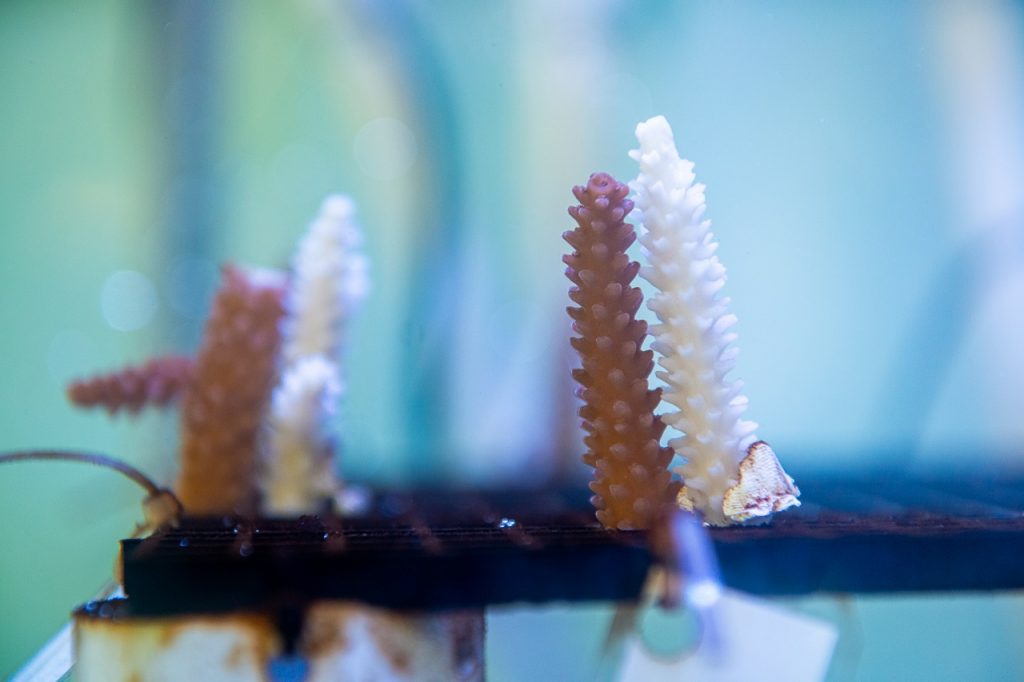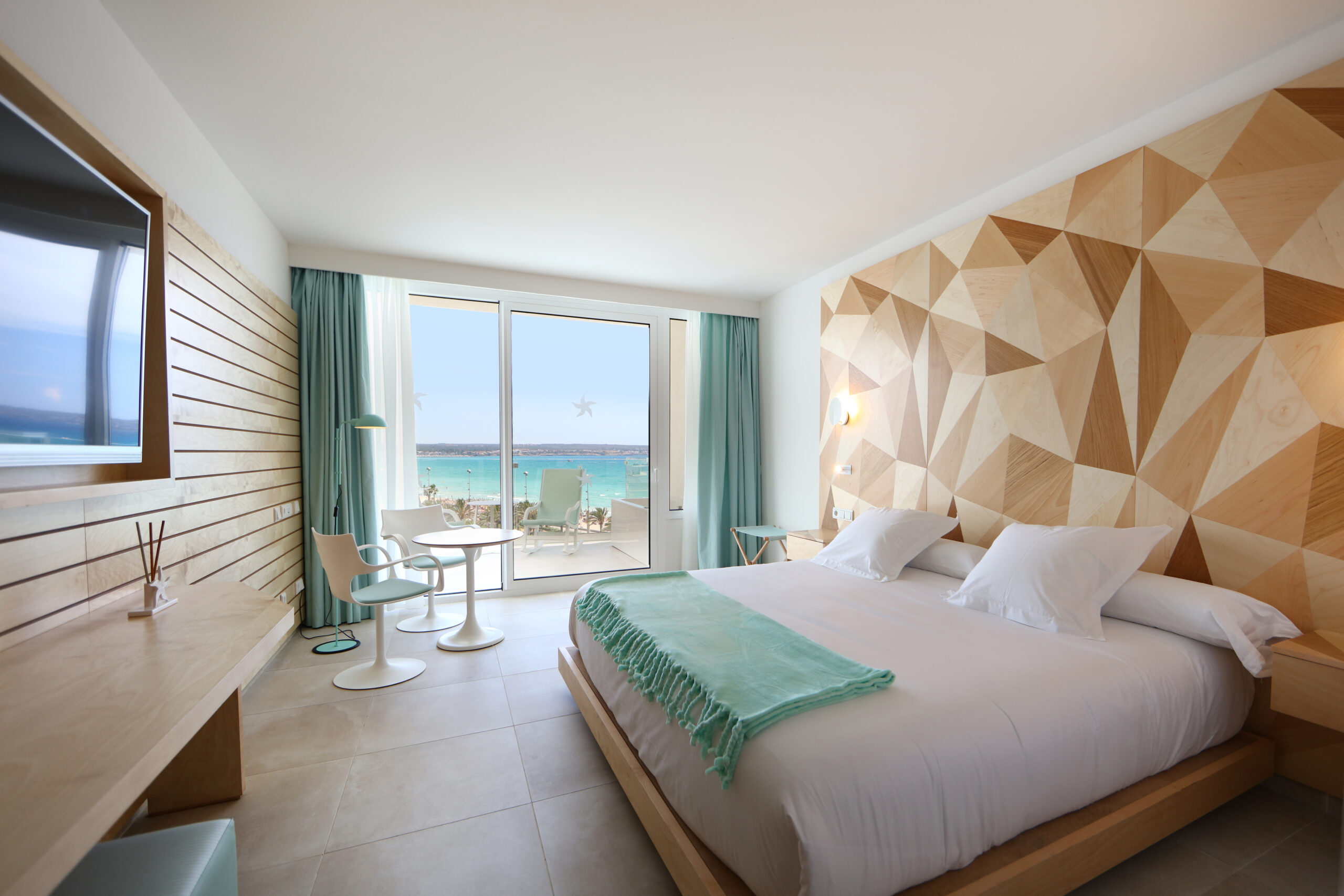As part of a world-wide celebration of World Oceans Day 2019, we officially opened our first on-land Coral Reef Lab in the Dominican Republic. Iberostar’s Coral Reef Lab is a cutting-edge research facility that will study the impacts of coral bleaching in the surrounding ocean, serve as a genetic bank for many species of coral as Stony Coral Tissue Loss disease spreads to the Caribbean, and act as a space for Iberostar guests to engage with the lab and learn about the importance of coral reefs while on vacation. Iberostar’s first full-time science team member is using the lab for Coral Rescue and is conducting the first experiments for climate-resilient reef restoration as part of Wave of Change. Visiting scientists from Stanford and USC have utilized the facility, broadening the international research network in the Dominican Republic. The lab is located in what was formerly a yoga palapa on the beach of the Iberostar Bavaro in the Dominican Republic.
Iberostar is fully committed to helping find solutions to protect and restore coral reefs which have been declining at unprecedented rates in the last century. After all, 80% of our hotels are beachfront and 80% of our beaches are protected by reefs. Healthy reefs are a key part of healthy tourism which is why Iberostar’s commitment to improve coastal health (through the discovery, protection, and restoration of coral reefs, mangroves, and seagrasses) is a key component of Wave of Change.

The opening of the lab on World Oceans Day is a milestone achievement for Iberostar and local partners Proamsa and Climatica. These three companies from the tourism sector jointly took on the challenge to build a research-grade coral lab. In less than a year, the lab was inaugurated, a testament to the dedication the Iberostar family has to Wave and Change and protecting our beautiful oceans.
This lab is the first in a network of research facilities Iberostar hopes to build. It compliments our growing efforts towards a diverse network of in-water nurseries in the Caribbean.
We want to thank every individual that helped build this laboratory, it was a team effort and could not have been done without every person contributing and working hard towards a common goal. This is a great first step towards finding a solution for our coral reefs.






